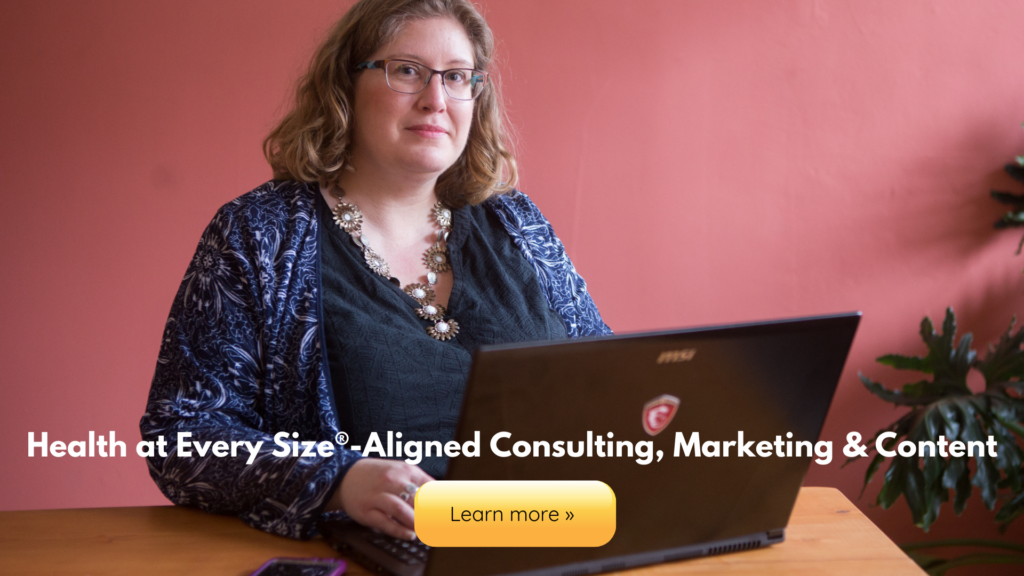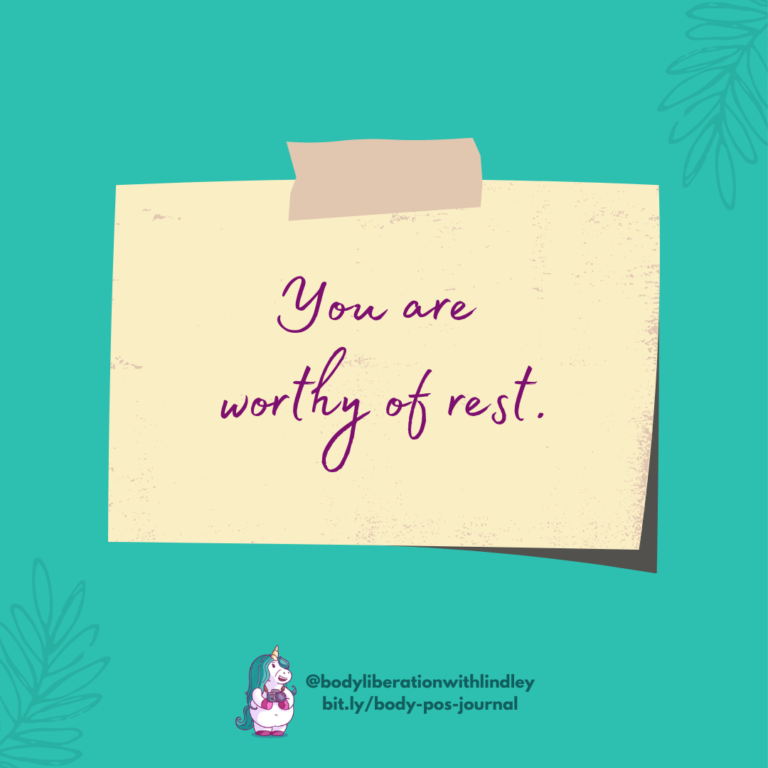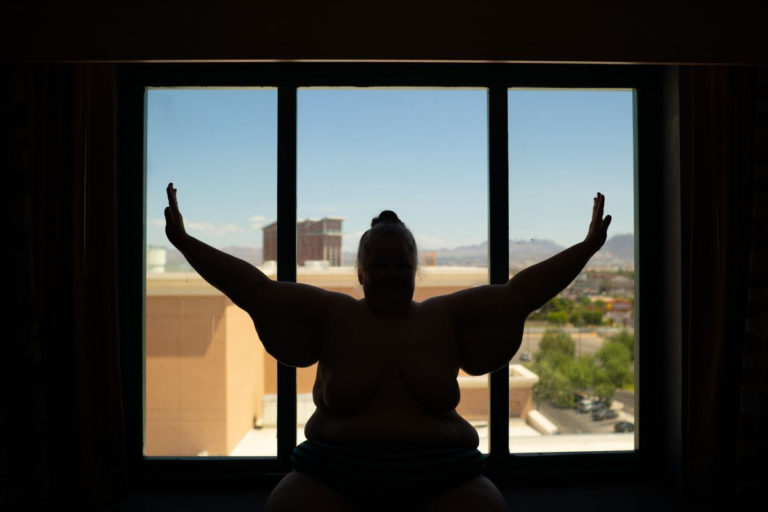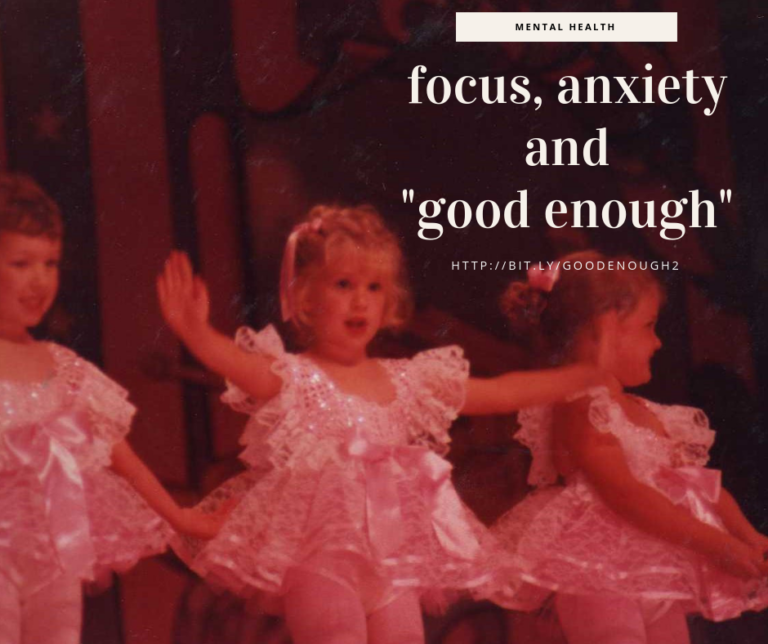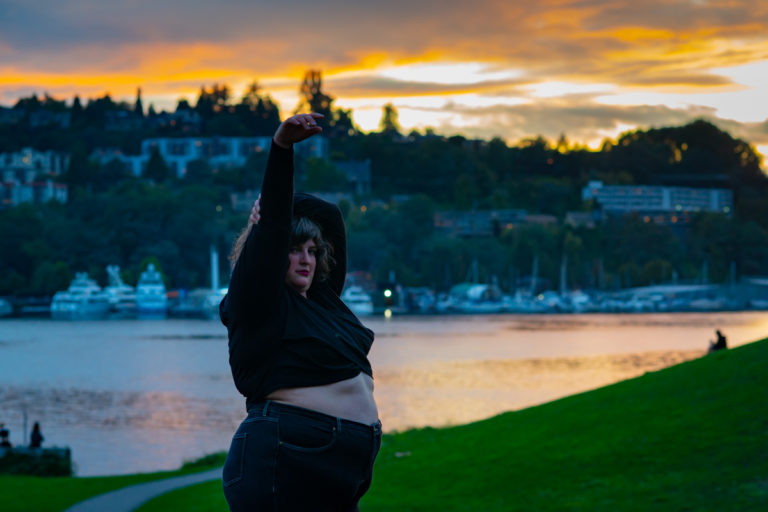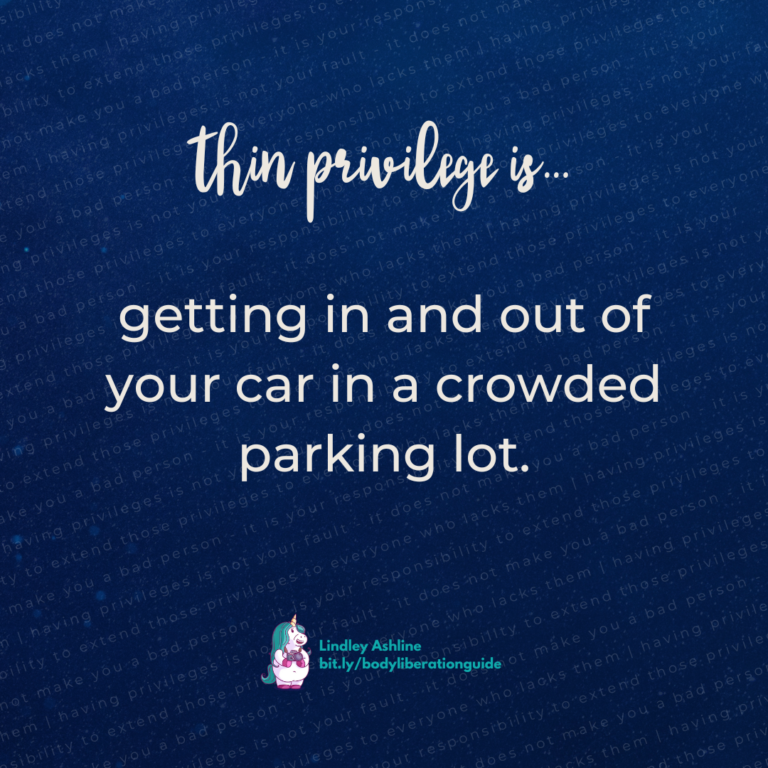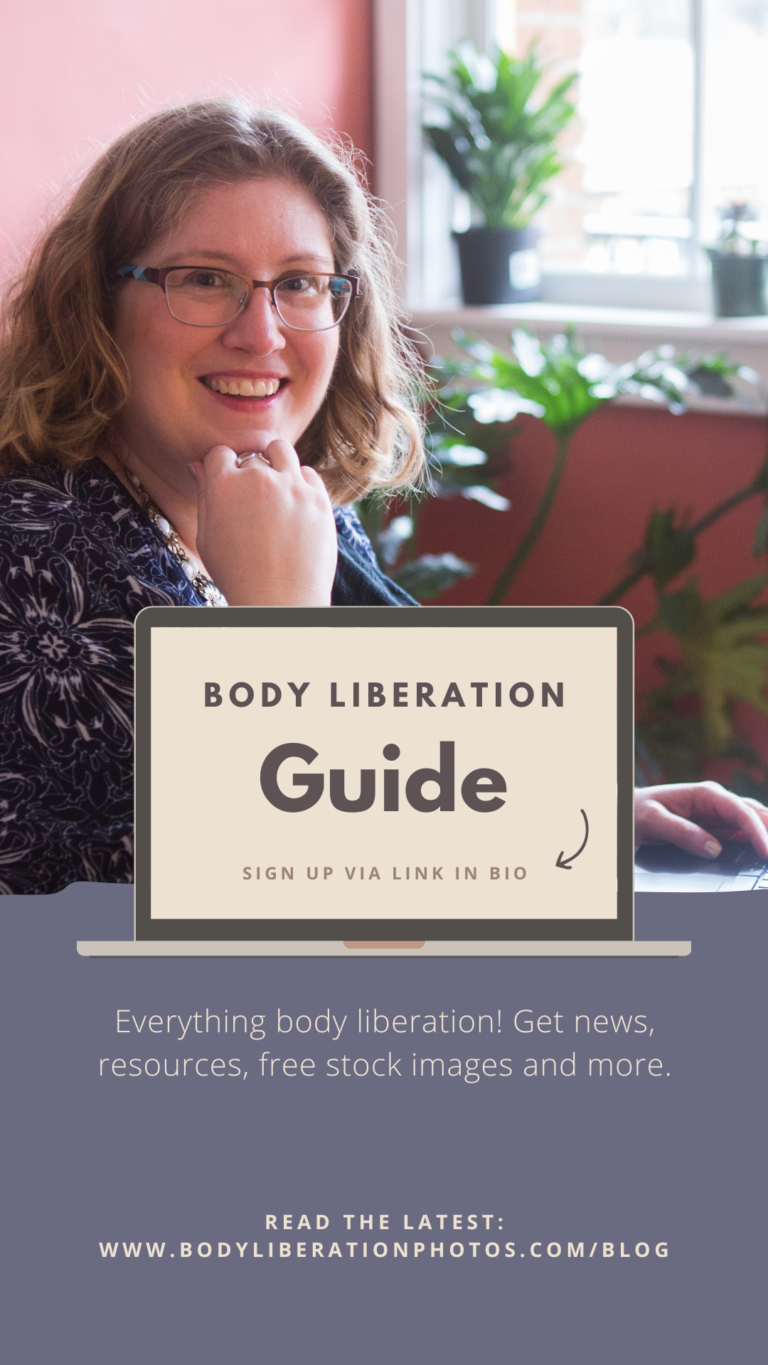{Listen} Lindley on the Entrepreneurial Outlaws Podcast with Melanie Knights: Representing yourself as a marginalized business owner
The experience of being a business owner in a marginalized body is very different from the mainstream, and it’s one I spend a lot of time thinking about. It was a pleasure discuss it with Melanie Knights on the Entrepreneurial Outlaws podcast.
I love the way Melanie described our episode:
We are in a period of time in history like no other where many business owners are expected to divulge so much of their personality and their lives to the public. This is easy to do if you’re straight-sized, and especially easy if you’re white, but not so easy if you’re a part of the LGBTQIA+ community, a person of color, or not traditionally thin.
But what if you don’t fall into one of those categories? What if you’re a marginalized business owner? It becomes a hell of a lot harder to represent yourself in your own branding.
For example, for business owners like podcast host Melanie Knights and Lindley Ashline, a fat positive photographer, writer, activist, and today’s podcast guest, we can be reminded every day that there is still a lot of fat phobia in marketing, coaching and especially on social media.
We don’t see ourselves represented in the typical business owner, in stock photography, or even in that ideal client avatar. So, it sometimes feels like we have to choose between an appealing brand or authenticity.
We’re diving into this and how Lindley is working to change this on the podcast today. Topics we discussed:
- How to build diverse and inclusive businesses, specifically in our marketing, and how Lindley got started with body inclusivity photography
- Lindley’s own experience with being a marginalized business owner who serves other marginalized people
- The weaponization of “safe space” in the online space and how we rectify this and lead by example
- Where Lindley sees a need for stock photography and authenticity in other businesses and industries
- What it means to Lindley to be an Entrepreneurial Outlaw in the way that she runs her own business
Transcript Excerpt
Lindley Ashline (17:50):
But the thing is that representing those people if I, if I’m on that massage therapist and I’m worried about attracting only people who are thin, yeah. Then, then that’s a concern, but maybe nobody else in my town is serving fat massage clients. So moving, if I’m putting fat bodies on my website, that’s a major market opportunity because all the fat people are going to feel safe with me. So, so, you know, there’s give and take here, there it’s a balance. And the more that we normalized fat bodies in marketing and in the media, the less risky it becomes.
Melanie Knights (18:30):
Yeah. Yeah. I feel like I have so many questions, so many things I want to discuss with you and thoughts. Yeah, I it’s it’s, I wanted to go back to one of the things that you were talking about in terms of, you know, hiding or not even, it’s not even hiding, you know, it’s kind of preserving your own feelings and how you feel about your own body. And interestingly, this is something I have been very aware of in my own business because many of, you know, those listening will know this, but I started out my business in the health and fitness industry. And whilst I was considered a plus size trainer at the time you know, I definitely, I never felt like I fit in and over time, my body has definitely changed. And I notice the impact that has on my business.
Melanie Knights (19:31):
And there are always questions that I sometimes ask myself or sometimes those thoughts will come in. Like, you know, my business, I know that my business doesn’t grow at the rate of others because of the decisions I make in terms of my marketing and the way I decide to run my business, because I don’t follow a lot of the traditional marketing tools and resources. But in addition to that, you know, these are things that come up for myself, you know, is it because of my body? And I can’t, I’m not willing to change that, but it’s also a very valid question. And one of the things that I think is really interesting is how we may make those choices. I think I make those choices in my own business without even necessarily realizing at times, you know, the way in which I will take a certain photo or the parts of me that I will share.
Melanie Knights (20:23):
But you recently did an Instagram TV video where you were talking, touching on this subject as well. And you were talking about within, you know, when we have these websites and when we have these areas where we want to showcase people in our business depending on which industry we’re in and how we can be quote authentic with our, putting ourselves in that position of gang bang, those hateful comments, or, you know, potentially losing customers or business. And as you said, I think it’s a really difficult line because if you don’t put, you know, and again, there’s a right or wrong answer, but you, when you don’t put your own image on the website and you do that as a choice, it’s, it’s interesting to know what would then happen when people do come to work with you or see you in those kinds of things.
Melanie Knights (21:19):
And I think it’s such a complex, it’s such a complex conversation, and yet it’s also a conversation that is so important. And I don’t think it’s so interesting to me in the ways in the last couple of years, business has really changed and shifted in a lot of, you know, it’s still hurtful and very toxic, but there are things that have changed. And yet this conversation is not something that I’m seeing all the time. And, you know, I, I don’t see a lot of business owners that look like me and I don’t see a lot of people talking about these things in terms of business. And I think that’s one of the reasons why, you know, I’m so drawn to what you do, because as well as that, you know, these are conversations I have with my fat friends. You know, we talk about that.
Melanie Knights (22:05):
And, you know, they’ve said to me, I’m looking for a, a fat hairdresser, somebody who I’m going to feel more comfortable with. And these are things that take a little bit of extra thought in terms of our businesses and in terms of our marketing, whether we are no matter what our body size is or whichever, you know, wherever we’re at in our business, we need to think about and take those extra steps. So I think it’s, it’s, so it’s, it’s such an open conversation that there’s so many places that we can really look at this in terms of marketing and business. And as you put it in terms of website and sharing other bodies as well, and allowing people to feel safe because safe space is one of those phrases that has just been really weaponized in the online space as well. And creating safe spaces starts with kind of, not just by saying it starts way before that, by how we show up for other people and how we will potentially use that in our business, within our marketing and imagery and words and language as well. And through consistency of, of, you know, showing that we lead in with that example. So in terms of, you know, in your business and especially, you know, you talked about social media and the impact of that. I’m really curious to know where, where in your business have you noticed?
Melanie Knights (00:03):
So I’m really curious to hear from you in terms of your business and the businesses that you have either worked with a scene, where do you see that there is still a need for these conversations and a need for diversity in stock photography within small businesses?
Lindley Ashline (00:23):
Oh gosh, everywhere. There are so many opportunities and I kind of feel like, like it’s kind of two different areas a little bit as far as, as far as these conversations around authenticity. We are in a period of time at no other time in history have business owners, many expected to divulge so much of their, their personality and their lives to the public. And of course this is the first time in history that we’ve really had the ability to do that anyway, but, but like no one goes you know, 50 years ago, no one would have expected the local shoe repair guy to, to talk about his, his mental health challenges in the newspaper. You know, that, that just wasn’t a thing. And social media has really you know, has really increased those demands. Because now it’s, and now it’s not the expectations are so high for us to share pieces of ourselves.
Read the rest of the transcript »
Hi there! I'm Lindley. I create artwork that celebrates the unique beauty of bodies that fall outside conventional "beauty" standards at Body Liberation Photography. I'm also the creator of Body Liberation Stock and the Body Love Shop, a curated central resource for body-friendly artwork and products. Find all my work here at bodyliberationphotos.com.
- Lindley Ashline
- Lindley Ashline
- Lindley Ashline
- Lindley Ashline
- Lindley Ashline
- Lindley Ashline
- Lindley Ashline
- Lindley Ashline
- Lindley Ashline
- Lindley Ashline
- Lindley Ashline
- Lindley Ashline
- Lindley Ashline
- Lindley Ashline
- Lindley Ashline
- Lindley Ashline
- Lindley Ashline
- Lindley Ashline
- Lindley Ashline
- Lindley Ashline
- Lindley Ashline
- Lindley Ashline
- Lindley Ashline
- Lindley Ashline
- Lindley Ashline
- Lindley Ashline
- Lindley Ashline
- Lindley Ashline
- Lindley Ashline
- Lindley Ashline
- Lindley Ashline
- Lindley Ashline
- Lindley Ashline
- Lindley Ashline
- Lindley Ashline
- Lindley Ashline
- Lindley Ashline
- Lindley Ashline
- Lindley Ashline
- Lindley Ashline
- Lindley Ashline
- Lindley Ashline
- Lindley Ashline
- Lindley Ashline
- Lindley Ashline
- Lindley Ashline
- Lindley Ashline
- Lindley Ashline
- Lindley Ashline
- Lindley Ashline
- Lindley Ashline
- Lindley Ashline
- Lindley Ashline
- Lindley Ashline
- Lindley Ashline
- Lindley Ashline
- Lindley Ashline
- Lindley Ashline
- Lindley Ashline
- Lindley Ashline
- Lindley Ashline
- Lindley Ashline
- Lindley Ashline
- Lindley Ashline
- Lindley Ashline
- Lindley Ashline
- Lindley Ashline
- Lindley Ashline
- Lindley Ashline
- Lindley Ashline
- Lindley Ashline
- Lindley Ashline
- Lindley Ashline
- Lindley Ashline
- Lindley Ashline
- Lindley Ashline
- Lindley Ashline
- Lindley Ashline
- Lindley Ashline
- Lindley Ashline
- Lindley Ashline
- Lindley Ashline
- Lindley Ashline
- Lindley Ashline
- Lindley Ashline
- Lindley Ashline
- Lindley Ashline
- Lindley Ashline
- Lindley Ashline
- Lindley Ashline
- Lindley Ashline
- Lindley Ashline
- Lindley Ashline
- Lindley Ashline
- Lindley Ashline
- Lindley Ashline
- Lindley Ashline
- Lindley Ashline
- Lindley Ashline
- Lindley Ashline
- Lindley Ashline
- Lindley Ashline
- Lindley Ashline
- Lindley Ashline
- Lindley Ashline
- Lindley Ashline
- Lindley Ashline
- Lindley Ashline
- Lindley Ashline
- Lindley Ashline
- Lindley Ashline
- Lindley Ashline
- Lindley Ashline
- Lindley Ashline
- Lindley Ashline
- Lindley Ashline
- Lindley Ashline
- Lindley Ashline
- Lindley Ashline
- Lindley Ashline
- Lindley Ashline
- Lindley Ashline
- Lindley Ashline
- Lindley Ashline
- Lindley Ashline
- Lindley Ashline
- Lindley Ashline
- Lindley Ashline
- Lindley Ashline
- Lindley Ashline
- Lindley Ashline
- Lindley Ashline
- Lindley Ashline
- Lindley Ashline
- Lindley Ashline
- Lindley Ashline
- Lindley Ashline
- Lindley Ashline
- Lindley Ashline
- Lindley Ashline
- Lindley Ashline
- Lindley Ashline
- Lindley Ashline
- Lindley Ashline
- Lindley Ashline
- Lindley Ashline
- Lindley Ashline
- Lindley Ashline
- Lindley Ashline
- Lindley Ashline
- Lindley Ashline
- Lindley Ashline
- Lindley Ashline
- Lindley Ashline
- Lindley Ashline
- Lindley Ashline
- Lindley Ashline
- Lindley Ashline
- Lindley Ashline
- Lindley Ashline
- Lindley Ashline
- Lindley Ashline
- Lindley Ashline
- Lindley Ashline
- Lindley Ashline
- Lindley Ashline
- Lindley Ashline
- Lindley Ashline
- Lindley Ashline
- Lindley Ashline
- Lindley Ashline
- Lindley Ashline
- Lindley Ashline
- Lindley Ashline
- Lindley Ashline
- Lindley Ashline
- Lindley Ashline
- Lindley Ashline
- Lindley Ashline
- Lindley Ashline
- Lindley Ashline
- Lindley Ashline
- Lindley Ashline
- Lindley Ashline
- Lindley Ashline
- Lindley Ashline
- Lindley Ashline
- Lindley Ashline
- Lindley Ashline
- Lindley Ashline
- Lindley Ashline
- Lindley Ashline
- Lindley Ashline
- Lindley Ashline
- Lindley Ashline
- Lindley Ashline
- Lindley Ashline
- Lindley Ashline
- Lindley Ashline
- Lindley Ashline
- Lindley Ashline
- Lindley Ashline
- Lindley Ashline
- Lindley Ashline
- Lindley Ashline
- Lindley Ashline
- Lindley Ashline
- Lindley Ashline
- Lindley Ashline
- Lindley Ashline
- Lindley Ashline
- Lindley Ashline
- Lindley Ashline
- Lindley Ashline
- Lindley Ashline
- Lindley Ashline
- Lindley Ashline
- Lindley Ashline
- Lindley Ashline
- Lindley Ashline
- Lindley Ashline
- Lindley Ashline
- Lindley Ashline
- Lindley Ashline
- Lindley Ashline
- Lindley Ashline
- Lindley Ashline
- Lindley Ashline
- Lindley Ashline
- Lindley Ashline
- Lindley Ashline
- Lindley Ashline
- Lindley Ashline
- Lindley Ashline
- Lindley Ashline
- Lindley Ashline
- Lindley Ashline
- Lindley Ashline
- Lindley Ashline
- Lindley Ashline
- Lindley Ashline
- Lindley Ashline
- Lindley Ashline
- Lindley Ashline
- Lindley Ashline
- Lindley Ashline
- Lindley Ashline
- Lindley Ashline
- Lindley Ashline
- Lindley Ashline
- Lindley Ashline
- Lindley Ashline
- Lindley Ashline
- Lindley Ashline
- Lindley Ashline
- Lindley Ashline
- Lindley Ashline
- Lindley Ashline
- Lindley Ashline
- Lindley Ashline
- Lindley Ashline
- Lindley Ashline
- Lindley Ashline
- Lindley Ashline
- Lindley Ashline
- Lindley Ashline
- Lindley Ashline
- Lindley Ashline
- Lindley Ashline
- Lindley Ashline
- Lindley Ashline
- Lindley Ashline
- Lindley Ashline
- Lindley Ashline
- Lindley Ashline
- Lindley Ashline
- Lindley Ashline
- Lindley Ashline
- Lindley Ashline
- Lindley Ashline
- Lindley Ashline
- Lindley Ashline
- Lindley Ashline
- Lindley Ashline
- Lindley Ashline
- Lindley Ashline
- Lindley Ashline
- Lindley Ashline
- Lindley Ashline
- Lindley Ashline
- Lindley Ashline
- Lindley Ashline
- Lindley Ashline
- Lindley Ashline
- Lindley Ashline
- Lindley Ashline
- Lindley Ashline
- Lindley Ashline
- Lindley Ashline
- Lindley Ashline
- Lindley Ashline
- Lindley Ashline
- Lindley Ashline
- Lindley Ashline
- Lindley Ashline
- Lindley Ashline
- Lindley Ashline
- Lindley Ashline
- Lindley Ashline
- Lindley Ashline
- Lindley Ashline
- Lindley Ashline
- Lindley Ashline
- Lindley Ashline
- Lindley Ashline
- Lindley Ashline
- Lindley Ashline
- Lindley Ashline
- Lindley Ashline
- Lindley Ashline
- Lindley Ashline
- Lindley Ashline
- Lindley Ashline
- Lindley Ashline
- Lindley Ashline
- Lindley Ashline
- Lindley Ashline
- Lindley Ashline
- Lindley Ashline
- Lindley Ashline
- Lindley Ashline
- Lindley Ashline
- Lindley Ashline
- Lindley Ashline
- Lindley Ashline
- Lindley Ashline
- Lindley Ashline
- Lindley Ashline
- Lindley Ashline
- Lindley Ashline
- Lindley Ashline
- Lindley Ashline
- Lindley Ashline
- Lindley Ashline
- Lindley Ashline
- Lindley Ashline
- Lindley Ashline
- Lindley Ashline
- Lindley Ashline
- Lindley Ashline
- Lindley Ashline
- Lindley Ashline
- Lindley Ashline
- Lindley Ashline
- Lindley Ashline
- Lindley Ashline
- Lindley Ashline
- Lindley Ashline
- Lindley Ashline
- Lindley Ashline
- Lindley Ashline
- Lindley Ashline
- Lindley Ashline
- Lindley Ashline
- Lindley Ashline
- Lindley Ashline
- Lindley Ashline
- Lindley Ashline
- Lindley Ashline
- Lindley Ashline
- Lindley Ashline
- Lindley Ashline
- Lindley Ashline
- Lindley Ashline
- Lindley Ashline
- Lindley Ashline
- Lindley Ashline
- Lindley Ashline
- Lindley Ashline
- Lindley Ashline
- Lindley Ashline
- Lindley Ashline
- Lindley Ashline
- Lindley Ashline
- Lindley Ashline
- Lindley Ashline
- Lindley Ashline
- Lindley Ashline
- Lindley Ashline
- Lindley Ashline
- Lindley Ashline
- Lindley Ashline
- Lindley Ashline
- Lindley Ashline
- Lindley Ashline
- Lindley Ashline
- Lindley Ashline
- Lindley Ashline
- Lindley Ashline
- Lindley Ashline
- Lindley Ashline
- Lindley Ashline
- Lindley Ashline
- Lindley Ashline
- Lindley Ashline
- Lindley Ashline
- Lindley Ashline
- Lindley Ashline
- Lindley Ashline
- Lindley Ashline
- Lindley Ashline
- Lindley Ashline
- Lindley Ashline
- Lindley Ashline
- Lindley Ashline
- Lindley Ashline
- Lindley Ashline
- Lindley Ashline
- Lindley Ashline
- Lindley Ashline
- Lindley Ashline
- Lindley Ashline
- Lindley Ashline
- Lindley Ashline
- Lindley Ashline
- Lindley Ashline
- Lindley Ashline
- Lindley Ashline
- Lindley Ashline
- Lindley Ashline
- Lindley Ashline
- Lindley Ashline
- Lindley Ashline
- Lindley Ashline
- Lindley Ashline
- Lindley Ashline
- Lindley Ashline
- Lindley Ashline
- Lindley Ashline
- Lindley Ashline
- Lindley Ashline
- Lindley Ashline
- Lindley Ashline
- Lindley Ashline
- Lindley Ashline
- Lindley Ashline
- Lindley Ashline
- Lindley Ashline
- Lindley Ashline
- Lindley Ashline
- Lindley Ashline
- Lindley Ashline
- Lindley Ashline
- Lindley Ashline
- Lindley Ashline
- Lindley Ashline
- Lindley Ashline
- Lindley Ashline
- Lindley Ashline
- Lindley Ashline
- Lindley Ashline
- Lindley Ashline
- Lindley Ashline
- Lindley Ashline
- Lindley Ashline
- Lindley Ashline
- Lindley Ashline
- Lindley Ashline
- Lindley Ashline
- Lindley Ashline
- Lindley Ashline
- Lindley Ashline
- Lindley Ashline
- Lindley Ashline
- Lindley Ashline
- Lindley Ashline
- Lindley Ashline
- Lindley Ashline
- Lindley Ashline
- Lindley Ashline
- Lindley Ashline
- Lindley Ashline
- Lindley Ashline
- Lindley Ashline
- Lindley Ashline
- Lindley Ashline
- Lindley Ashline
- Lindley Ashline
- Lindley Ashline
- Lindley Ashline
- Lindley Ashline
- Lindley Ashline
- Lindley Ashline
- Lindley Ashline
- Lindley Ashline
- Lindley Ashline
- Lindley Ashline
- Lindley Ashline
- Lindley Ashline
- Lindley Ashline
- Lindley Ashline
- Lindley Ashline
- Lindley Ashline
- Lindley Ashline
- Lindley Ashline
- Lindley Ashline
- Lindley Ashline
- Lindley Ashline
- Lindley Ashline
- Lindley Ashline
- Lindley Ashline
- Lindley Ashline
- Lindley Ashline
- Lindley Ashline
- Lindley Ashline
- Lindley Ashline
- Lindley Ashline
- Lindley Ashline
- Lindley Ashline
- Lindley Ashline
- Lindley Ashline
- Lindley Ashline
- Lindley Ashline
- Lindley Ashline
- Lindley Ashline
- Lindley Ashline
- Lindley Ashline
- Lindley Ashline
- Lindley Ashline
- Lindley Ashline
- Lindley Ashline
- Lindley Ashline
- Lindley Ashline
- Lindley Ashline
- Lindley Ashline
- Lindley Ashline
- Lindley Ashline
- Lindley Ashline
- Lindley Ashline
- Lindley Ashline
- Lindley Ashline
- Lindley Ashline
- Lindley Ashline
- Lindley Ashline
- Lindley Ashline
- Lindley Ashline
- Lindley Ashline
- Lindley Ashline
- Lindley Ashline
- Lindley Ashline
- Lindley Ashline
- Lindley Ashline
- Lindley Ashline
- Lindley Ashline
- Lindley Ashline
- Lindley Ashline
- Lindley Ashline
- Lindley Ashline
- Lindley Ashline
- Lindley Ashline
- Lindley Ashline
- Lindley Ashline
- Lindley Ashline
- Lindley Ashline
- Lindley Ashline
- Lindley Ashline
- Lindley Ashline
- Lindley Ashline
- Lindley Ashline
- Lindley Ashline
- Lindley Ashline
- Lindley Ashline
- Lindley Ashline
- Lindley Ashline
- Lindley Ashline
- Lindley Ashline
- Lindley Ashline
- Lindley Ashline
- Lindley Ashline
- Lindley Ashline
- Lindley Ashline
- Lindley Ashline
- Lindley Ashline
- Lindley Ashline
- Lindley Ashline
- Lindley Ashline
- Lindley Ashline
- Lindley Ashline
- Lindley Ashline
- Lindley Ashline
- Lindley Ashline
- Lindley Ashline
- Lindley Ashline
- Lindley Ashline
- Lindley Ashline


